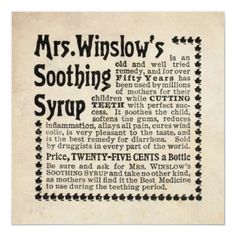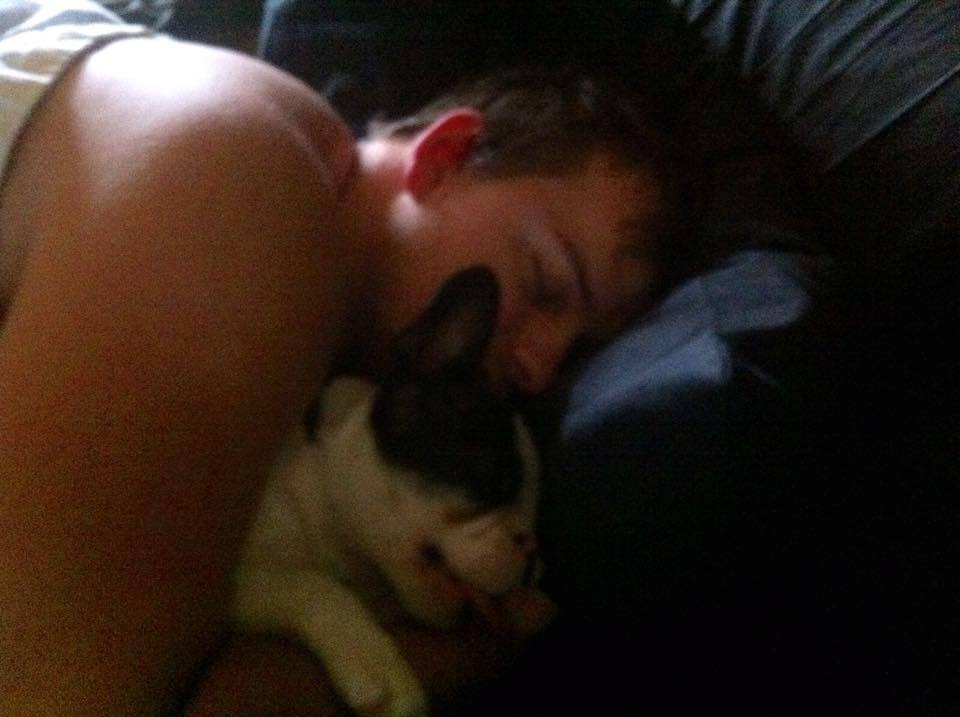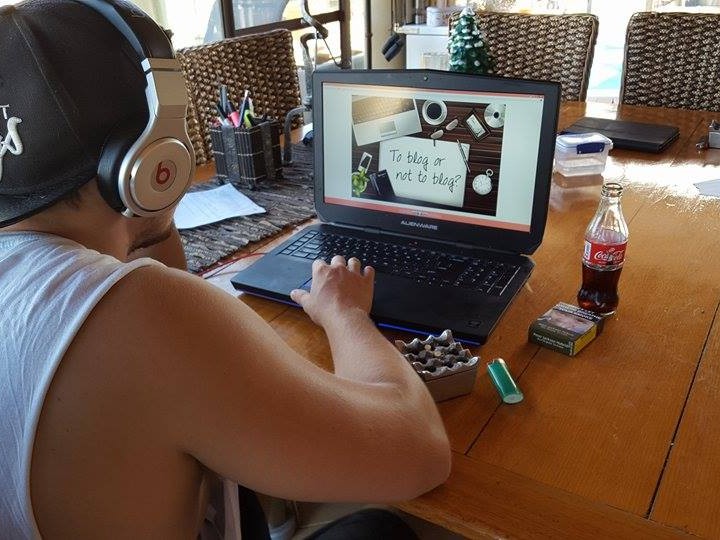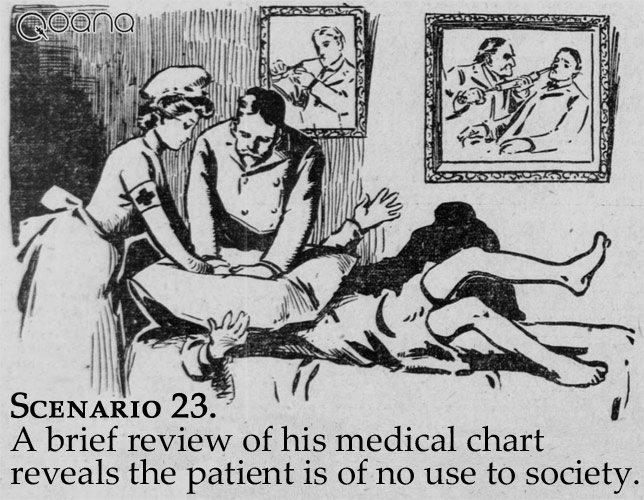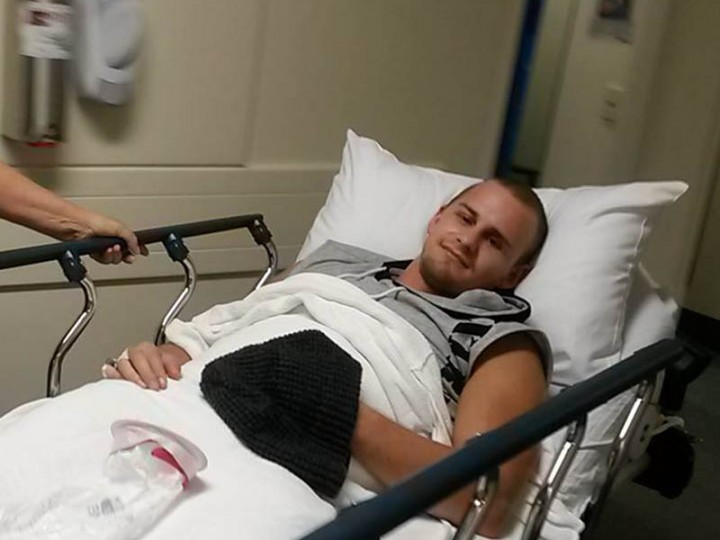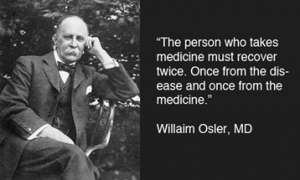
It is not my intention to discredit the use of medicine in rehabilitation following any form of trauma or injury, this is just to identify some of the common misconceptions as to the role of certain medications and the side effects of their short and prolonged usage.
Throughout history there have been an immense amount of treatments once thought to be positive, later learned to be an even greater detriment to our health and wellbeing.
In the 19th century the use of “soothing syrups” was introduced to combat disobedient children.
Later found to contain morphine, codeine, opium and cannabis.
Which although highly effective at the time was still unable to resolve concerns relating to their glazed stares, increased appetite, aggression and increase in imaginary friends. Go figure.
Later subs ceded by the leather belt, 1 meter ruler and boarding schools run by heavy set, bad tempered nuns. Which proved a much more effective method.
Then came the electrifying power belt, bound to bring your male bravado back to full health. Used as a tell-tale method for improving impotence with the intention of not only keeping your pants up!
Although unfortunate for most men involved in the trial process, the earlier models were not water resistant, nor had any form of voltage control.
Did I mention the incredible curative powers of mercury, used for over a thousand years in alternative medicine?
Need I say more…
Then we come to the 21st Century, where every year hundreds of new medications hit our shelves.
Luckily in Australia the Therapeutic Goods Administration is part of the Australian Government Department of Health and is responsible for regulating medicines and medical devices.
But how much do we exactly know about what we put into our bodies?
We know that with any new compound or drug there must have been rigid long-term testing, FDA approvals, cause analysis, etc.
But when we approach our local GP or physician with the intent on a solution to a mental, emotional or physical problem, treating the symptoms associated with our condition may have other dramatic effects on our health that until later on in life we are completely oblivious too.
A study done by the Australian Bureau of statistics identified that in 2011 alone 1.7million people, 7.8% of the population had at least one prescription for Antidepressant medications.
Of that 1.7million people 25.6% also had at least one prescription for the use of anxiolytic/hypnotic and sedative medications.
The most common of these sedative medications were benzodiazepines used in the inducing of sleep and regulation of anxiety.
Benzodiazepines are rapid eye movement (REM) sleep–suppressant medication.
So what is REM sleep and what affect can depriving yourself of REM sleep have?
Rick Wassing Ph.D. candidate, Department of Sleep and Cognition, Netherlands Institute for Neuroscience also identified that…
“While REM is underway, key arousal hormones such as serotonin, adrenaline and dopamine are inactive. This, he added, may indicate that it is during good REM sleep when the emotional impact of memories is properly processed and resolved.”
Many times we cannot sleep due to our inability to process negative external stimulus and by the time we wake up, were already exhausted.
I have been there… many times.
But is this stage of sleep imperative for us to move forward emotionally and resolve issues to prevent prolonged suffering and the development of longer term conditions such as PTSD?
Some of the consequences of REM sleep deprivation can include:
- mild psychological disturbances
- anxiety
- irritability
- hallucinations
- difficulty concentrating.
However some of the symptoms of individuals suffering from PTSD however included:
- difficulties sleeping
- easily angered or irritated
- engaged in reckless behavior
- trouble concentrating
- upsetting memories, flashbacks or dreams of the event
Are we seeing the similarities yet?
I sure as hell did haha.
My first meeting with my PTSD specialist, I was asked to immediately stop taking any form of sedation / benzodiazepines.
This was one of the biggest steps I made towards being in a happy and positive mind frame where I could understand the significance of my circumstances without being consumed by them.
Over time I started to supplement with melatonin, a hormone found naturally in the body and used to promote healthy REM sleep.
Not only did this improve my day/night sleep cycles, it also made me wake up feeling rested and refreshed to start my day.
This is just an example of one circumstance, where I personally found a more suitable substitute for what I needed, that worked for me.
.

